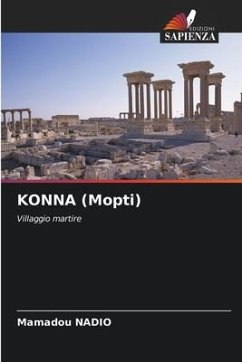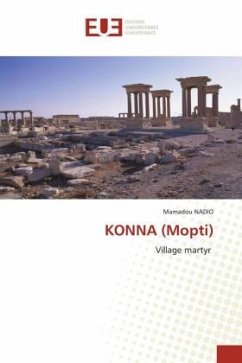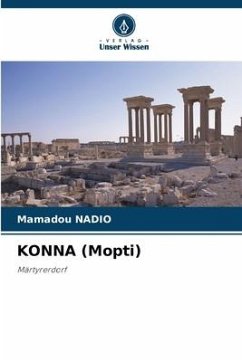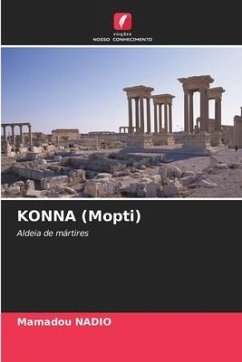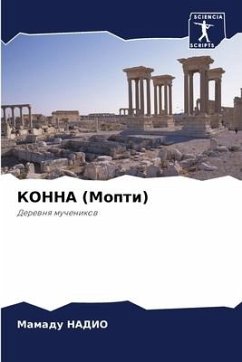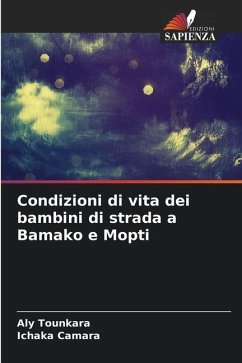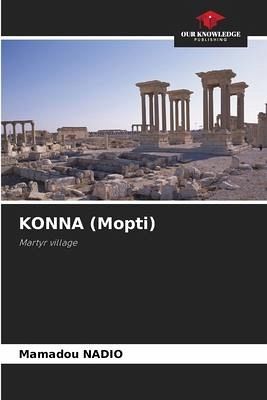
KONNA (Mopti)
Martyr village
Versandkostenfrei!
Versandfertig in 6-10 Tagen
45,99 €
inkl. MwSt.

PAYBACK Punkte
23 °P sammeln!
From the colonial period to the present, Mali has experienced several rebellions characterized by deadly clashes between belligerents and significant population displacement. But of all these rebellions, the 2012 rebellion was the one that most shook the foundations of the state, resulting in substantial territorial gains and upsetting the secular character of the republic by its desire to establish Islamic law. In general, the 2012 rebellion surpassed other rebellions in horror and dramatic intensity, because in the conquered areas, a religious extremism characterized by intimidation, floggin...
From the colonial period to the present, Mali has experienced several rebellions characterized by deadly clashes between belligerents and significant population displacement. But of all these rebellions, the 2012 rebellion was the one that most shook the foundations of the state, resulting in substantial territorial gains and upsetting the secular character of the republic by its desire to establish Islamic law. In general, the 2012 rebellion surpassed other rebellions in horror and dramatic intensity, because in the conquered areas, a religious extremism characterized by intimidation, floggings, amputations, looting and murder was imposed on the population. Residual banditry and vigilante movements have also emerged. In 2012, the threatening situation in the country turned into a situation of chaos with the military coup of March 2012, which resulted from the exacerbation of the young officers of Kati in the face of the mismanagement of the northern issue. It is in this troubling context that the village of Konna, located in the Mopti circle, 650 km from Bamako, was caught up in these events.



